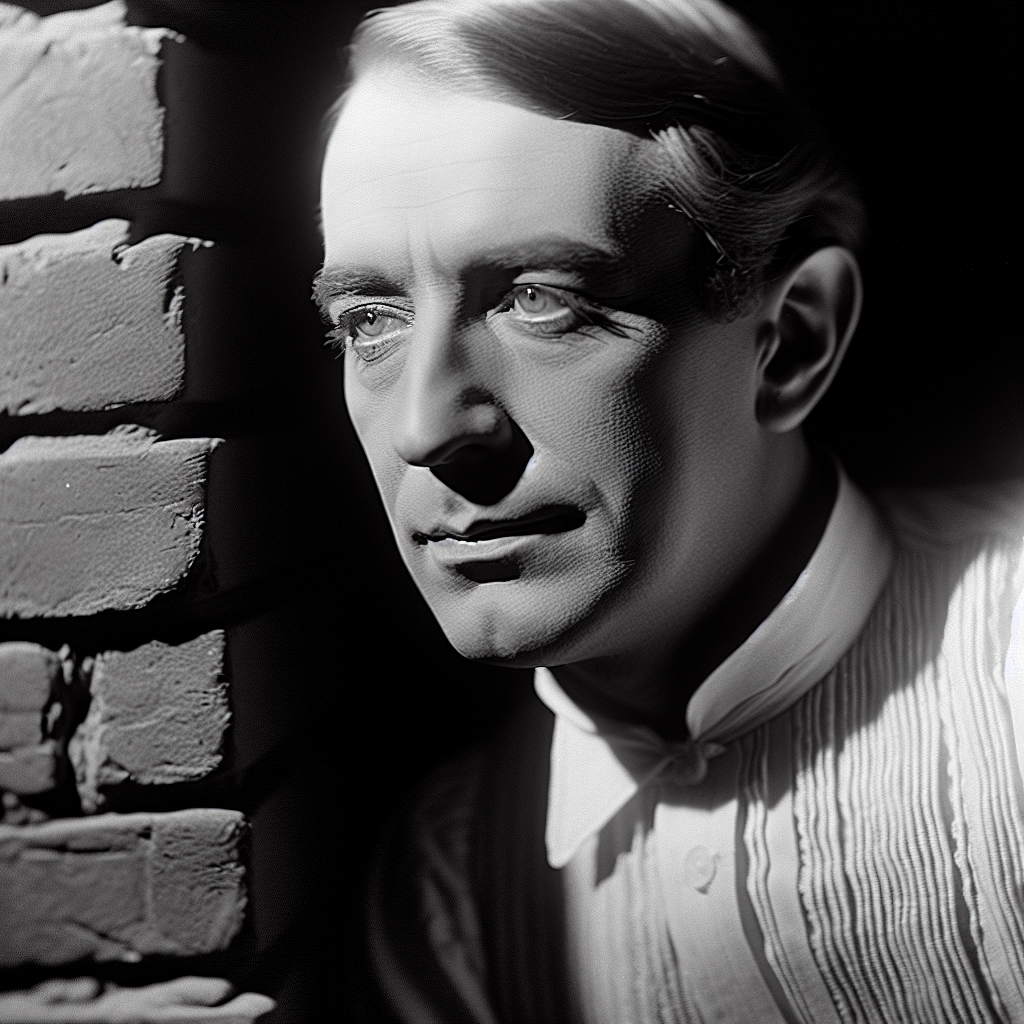
Marlon Brando, the enigmatic icon of American cinema, revolutionized acting with his raw intensity and method approach. This article delves into his tumultuous life, from humble beginnings to Hollywood stardom, exploring his groundbreaking roles, personal struggles, and enduring legacy. As one of the most influential actors ever, Brando’s story offers insights into the evolution of film and the human condition, captivating audiences across generations.
Early Life and Path to Stardom
Born on April 3, 1924, in Omaha, Nebraska, Marlon Brando Jr. grew up in a dysfunctional family environment that profoundly shaped his complex personality. His father, Marlon Brando Sr., was a traveling salesman often absent, while his mother, Dorothy, pursued acting but struggled with alcoholism. This unstable home life, coupled with the departure of a beloved housekeeper, instilled in young Brando deep-seated abandonment issues and a rebellious streak. Despite lacking Italian heritage—contrary to some of his famous roles—Brando’s ancestry was a mix of German, Dutch, English, and Irish roots.
Brando’s early education was marked by mischief; he was expelled from military school for insubordination. Moving to New York in 1943, he immersed himself in the acting world under the guidance of Stella Adler, who introduced him to the Stanislavski system. This method, emphasizing emotional authenticity and psychological depth, became the cornerstone of his craft. His Broadway debut in I Remember Mama (1944) showcased his natural talent, but it was his raw portrayal of Stanley Kowalski in Tennessee Williams’ A Streetcar Named Desire (1947) that catapulted him to fame. Directed by Elia Kazan, the role highlighted Brando’s ability to embody primal masculinity and vulnerability, setting the stage for his transition to film.
Revolutionary Roles and Acting Innovations
Brando’s film career exploded with his reprise of Stanley Kowalski in the 1951 adaptation of A Streetcar Named Desire, earning him his first Academy Award nomination. He brought unprecedented realism to the screen, drawing from personal experiences to infuse characters with psychological nuance. In The Wild One (1953), his portrayal of motorcycle rebel Johnny Strabler symbolized the post-war generation gap, influencing youth culture and icons like James Dean. Brando’s Oscar-winning performance as Terry Malloy in On the Waterfront (1954) exemplified his method acting prowess, where he improvised lines and drew from real-life observations to convey moral conflict.
Throughout the 1950s and 1960s, Brando challenged Hollywood norms. His role as Vito Corleone in The Godfather (1972) not only revived his career but also redefined mobster portrayals with subtle mannerisms like the iconic cheek-bulging technique. Films like Apocalypse Now (1979) as the enigmatic Colonel Kurtz delved into themes of madness and imperialism, reflecting Brando’s own philosophical depth. He directed and starred in One-Eyed Jacks (1961), a western that explored redemption, though it faced commercial setbacks. Brando’s innovations popularized method acting, inspiring actors to prioritize internal truth over superficial glamour.
Later Years and Enduring Influence
As Brando entered his later decades, personal controversies overshadowed his professional triumphs. Struggles with obesity, mood disorders, and legal issues, including a high-profile trial involving his son, painted a picture of a man grappling with inner demons. Despite this, he delivered powerful performances, such as in Last Tango in Paris (1972), which explored raw sexuality and grief, and his Emmy-winning role in Roots: The Next Generations (1979). His final films, like The Score (2001), showed glimpses of his enduring talent amid declining health.
Brando’s activism, particularly for Native American rights—evident in his Oscar refusal for The Godfather to protest industry treatment of indigenous people—added layers to his legacy. He passed away on July 1, 2004, leaving behind a body of work that continues to influence cinema. His life illustrates the double-edged sword of genius: immense creativity paired with profound personal turmoil.
In summary, Marlon Brando’s journey from a troubled Nebraska youth to a cinematic legend reshaped acting through method techniques and iconic roles in films like The Godfather and On the Waterfront. Despite personal battles, his commitment to authenticity and social causes endures. Readers are encouraged to explore his films, discovering how Brando’s raw humanity continues to inspire and challenge the boundaries of performance art today.